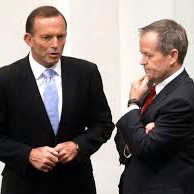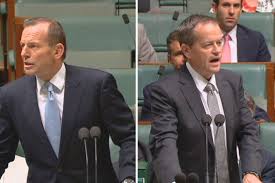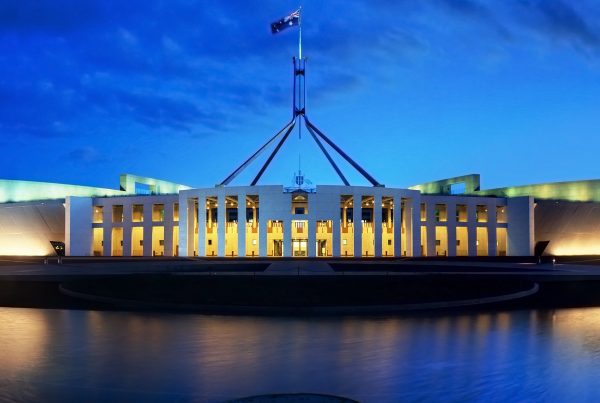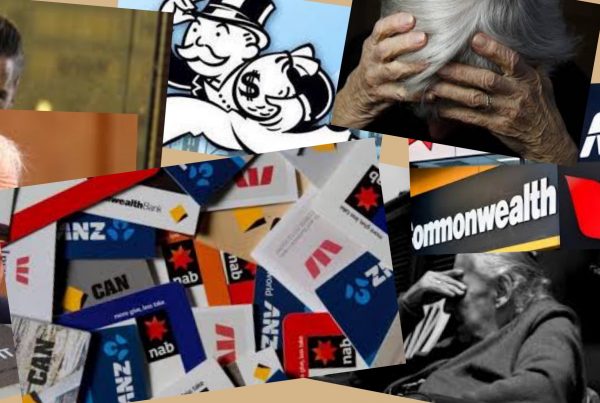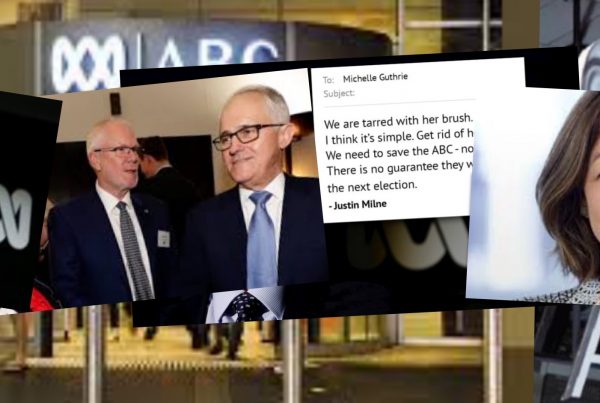Personal Brand Awareness is a deep understanding of who you are and what you stand for. It’s missing in our political leadership.
The Federal Labor party is torn between two desires, one to appeal to its union roots, the other to capture the progressives. And seventeen months into this term, we don’t know what Bill Shorten stands for.
Tony Abbott’s Liberals no longer stand for anything clear either. There’s an ultra-conservative, anti-climate-change group. There is, or was, a short-term goal to bring the budget back into surplus. There’s a notion of returning Australia back to prosperity by getting people back to work, but all governments want that. There’s the ‘infrastructure Prime Minister’ claim, but it’s been more a whimper than a shout. There’s the trade agreements, but either side could/should have done that so it’s not a point of difference. And the Paid Parental Leave scheme stood out, an atypical sore thumb.
It’s as though no-one’s game to step out and claim a path, and stick to it. Strong leadership, with clear brand awareness, can articulate what an organisation stands for, and where it is going.
Britain at the moment seems to have the same issue. This past week there was a startling feature in the London Guardian on the Labour (yes, their Labour, our Labor) leader, Ed Miliband, titled ‘Don’t Mistake My Decency for Weakness’. That’s death by headline. He’s quoted, “I don’t think decency is a weakness if that’s what you’re asking.” Anyone in PR knows you never acknowledge a negative if it’s put to you. He could at least have replied, “My decency is my strength” (a self aware person – a brand aware person – would never have to say it, it’s self evident). A brand aware candidate is something upon which we can pin our leadership hopes.
Now this isn’t an appeal for another one-liner. More, it’s an appeal for leaders to develop, and then articulate what makes them strong. Brand Awareness: in the business sector it’s a survival prerequisite. We know what the BHP brand stands for, and the Jaguar and Mercedes car, and Coke, and Qantas. Clearly designed, clearly understood, and only ever cautious deviation and certatinly no flip-flopping. And leadership? We knew what Whitlam stood for, and Hawke, and Howard. They were defined by what they stood for, and then succeeded and eventually failed by it.


